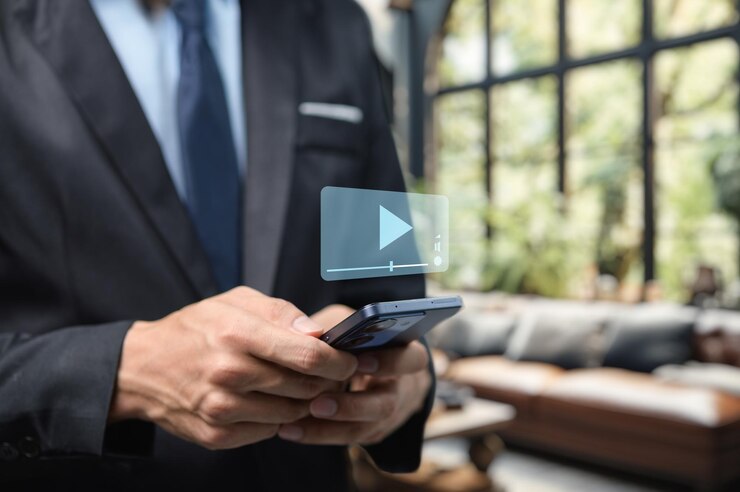Can Video Recordings Be Used As Legal Evidence?
By Daryl Manns • 10/01/2025
The Ubiquitous Lens: Capturing Every Moment
In today's world, smartphones, home security cameras, and workplace surveillance are ever-present, recording moments we often don't plan on documenting. It's common to capture events as they unfold without giving much thought to the legal implications. Many find themselves wondering if these recordings can be used or not in a legal context—and you're not alone in pondering this common legal question.
Understanding When It's Legal to Record
At the federal level, video recording in public spaces like streets or parks is generally allowed, as there is no expectation of privacy. However, the rules change dramatically when entering private spaces. Recording in places such as restrooms, dressing rooms, or hotel rooms without consent is illegal and can be prosecuted as a federal crime.
The Complexity of Recording in Workplaces
In semi-public areas or workplaces, the legality of video and especially audio recordings can be complex, often requiring consent or clear disclosure, with state laws varying widely. Employers and employees alike must check the specific requirements in their state to ensure compliance.
Audio Recordings: A Matter of Consent
It's crucial to note that while video recordings may be permissible, audio recordings fall under different rules. Federal law mandates one-party consent, but several states require all-party consent, meaning everyone recorded must agree. This becomes significantly important for interstate or multi-state recordings, where adhering to the most stringent law—typically all-party consent—is the safest route.
Privacy in Public Video Recordings
Generally, video-only recordings in public places are acceptable, provided they do not infringe on privacy or capture unintended audio. Nonetheless, secretly recording individuals in private settings is almost invariably illegal, with severe legal repercussions awaiting those who violate this principle.
Navigating the Legal Labyrinth
State laws sometimes present stricter regulations than federal laws, and breaching these can lead to severe criminal or civil penalties. Given the ease of recording with today's technology, understanding and respecting these legal boundaries is critical. It's advisable to pause and reflect before hitting "record," especially in private or semi-private settings, to ensure the action is justified and legal.
Seeking Professional Advice
Should questions arise, seeking legal advice is highly recommended. Navigating the nuances of these laws isn't always intuitive, and professional guidance could prevent costly mistakes. As technology continues to evolve, staying informed on these rules can help ensure that your recordings remain within the bounds of legality.

